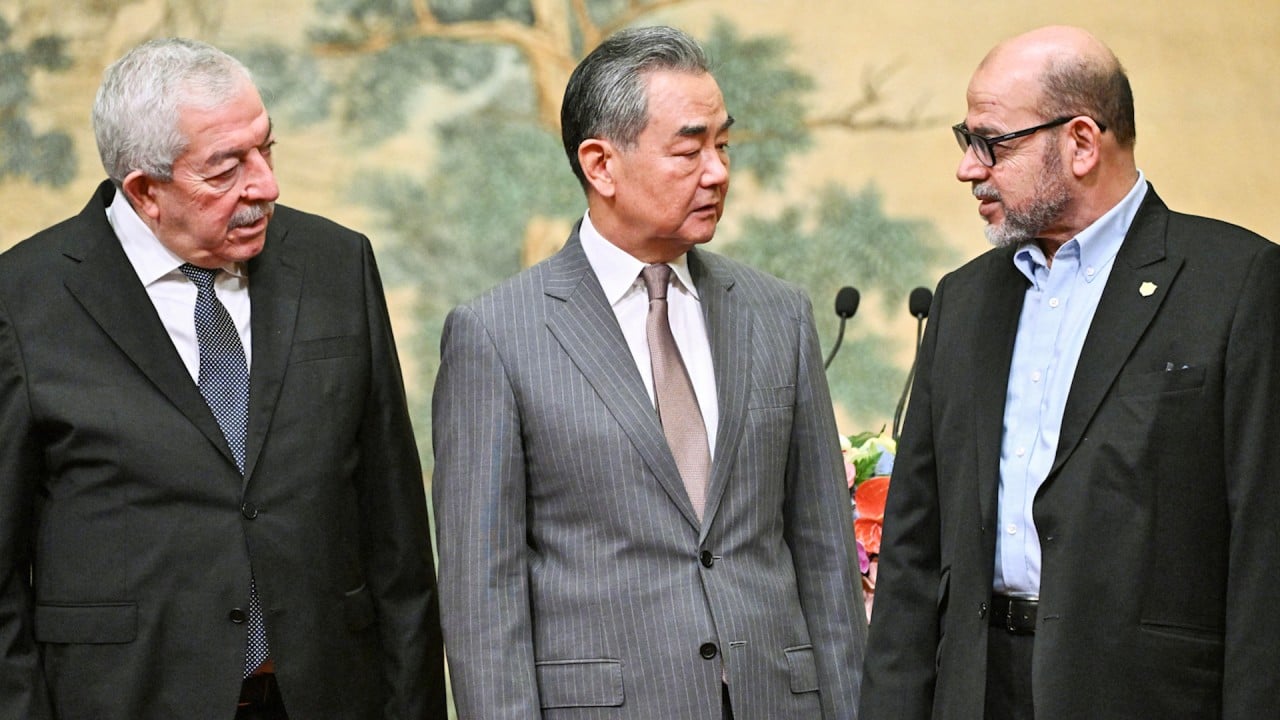Body of top Hezbollah commander found in Beirut rubble, security sources say
Iran-backed Hezbollah denied any involvement in Saturday’s attack.
Israel’s Prime Minister Benjamin Netanyahu said on Wednesday Israel has “delivered crushing blows” to its enemies.
Israel is prepared for “all scenarios” and will “exact a heavy price for any aggression towards it from anywhere”, Netanyahu said.
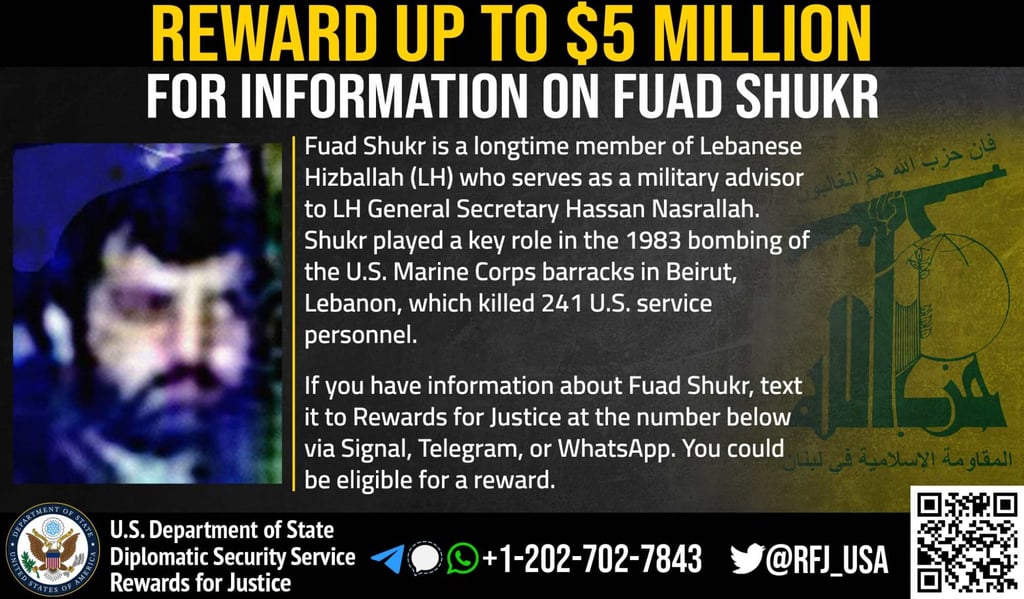
Israeli Defence Minister Yoav Gallant said Shukr “has the blood of many Israelis on his hands. Tonight, we have shown that the blood of our people has a price, and that there is no place out of reach for our forces to this end”.
Hezbollah’s long-awaited statement on Wednesday said Israel had attacked a residential building in the southern suburbs of Beirut, a stronghold for the group, and that “a number of citizens” had been killed and others wounded.
It said Shukr “was present in this building at the time” but that the group was still awaiting definitive results on his fate.
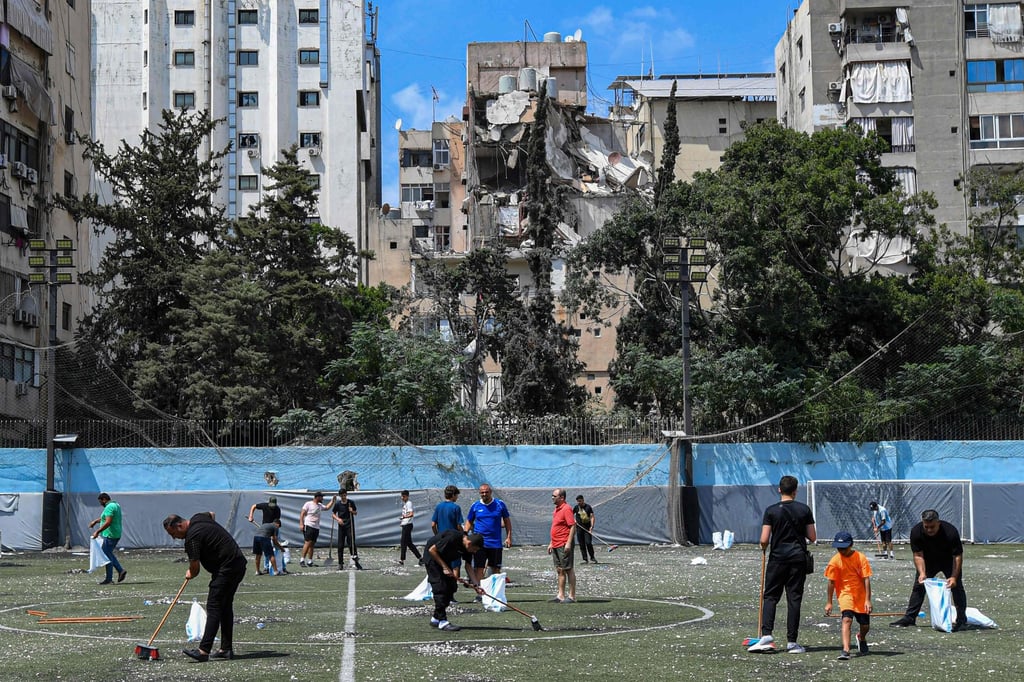
The meeting was requested by Iran and supported by representatives of Russia, China and Algeria, said a spokesman for the Russian presidency, which holds the rotating leadership of the council.
In a letter to the Security Council, Iran’s UN envoy Amir Saeid Iravani called on members to “condemn unequivocally and strongly the acts of aggression and terrorist attacks” by Israel on the sovereignty of Iran, Lebanon and Syria.
He also urged council members to take “immediate action to ensure accountability for these violations of international law”, including potential sanctions.
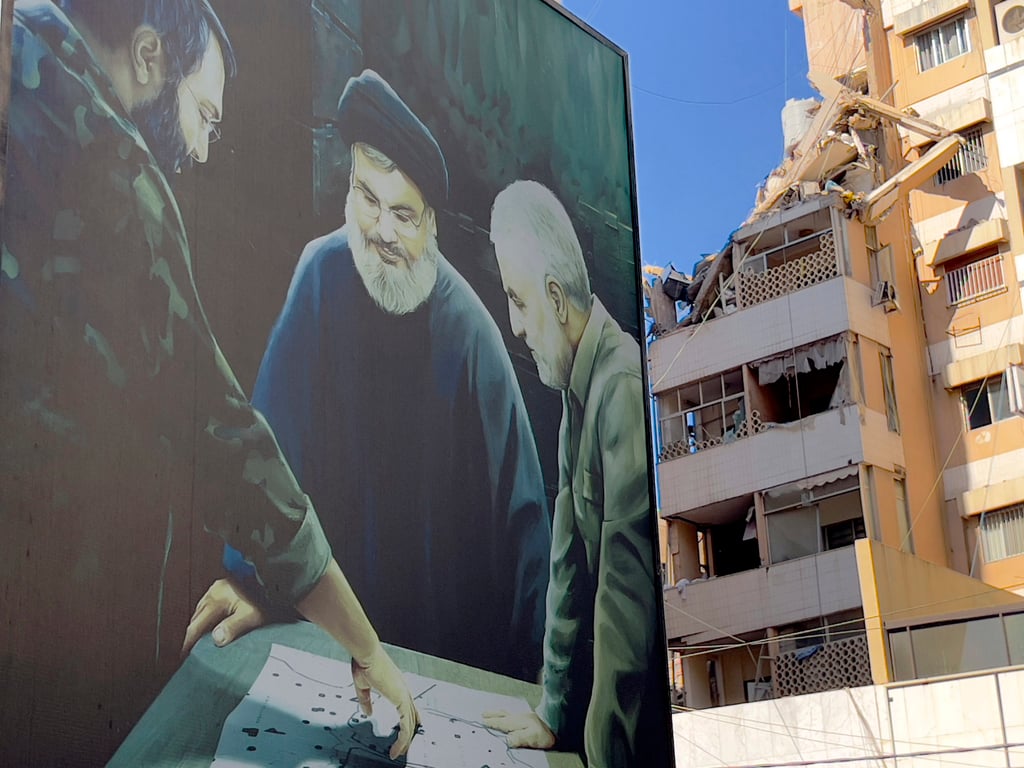
Shukr was an adviser to Hezbollah leader Sayyed Hassan Nasrallah, according to Hezbollah sources and to the Israeli military’s announcement of his killing.
Hamas has vowed that Israel’s attacks “will not go unanswered”, while Iran’s supreme leader Ayatollah Ali Khamenei has threatened “harsh punishment” for Haniyeh’s killing.
UN chief Antonio Guterres denounced the attacks on Tehran as well as Beirut as a “dangerous escalation”.
“The Secretary General believes that the attacks we have seen in South Beirut and Tehran represent a dangerous escalation at a moment in which all efforts should instead be leading to a ceasefire in Gaza” and “the release of all Israeli hostages”, his spokesman Stephane Dujarric said in a statement.
On Wednesday morning, Lebanon’s civil defence teams were on the ground in the southern suburbs of Beirut, known as Dahiyeh, clearing rubble from the strike, a Reuters witness said.
The attack appeared to have taken out the top corner of a multi-storey building and scattered bits of charred debris on to the surroundings buildings and streets.
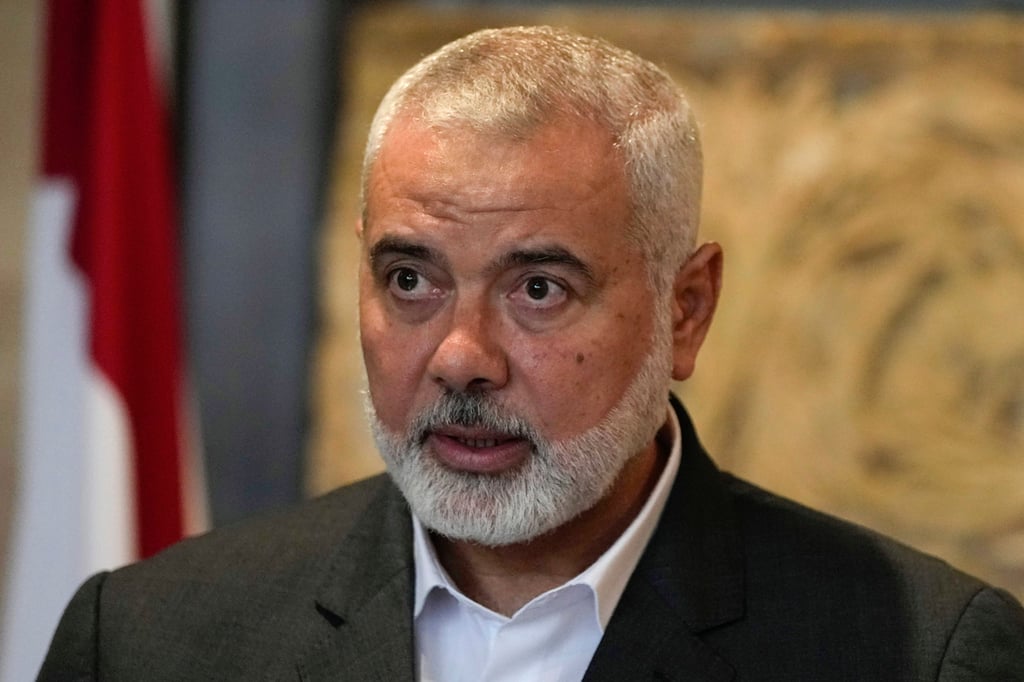
Lebanese ministers and lawmakers visited the scene on Wednesday. Speaking from the ruins, Hezbollah parliamentarian Ali Ammar condemned the strike on Dahiyeh as well as the killing of Haniyeh in Tehran.
“This enemy [Israel] demands war and we are up for it, God willing, we are up for it,” Ammar said.
Lebanon’s cabinet held an emergency meeting on Wednesday morning to discuss the strike on Beirut and issued a statement read to reporters by Information Minister Ziad Makary.
Makary condemned the strike and said retaliation by Hezbollah was anticipated but that the government was worried the situation could “spiral”.
“Lebanon does not want war,” he said, adding that the government would engage in diplomatic efforts to calm tensions.
Additional reporting by Agence France-Presse
